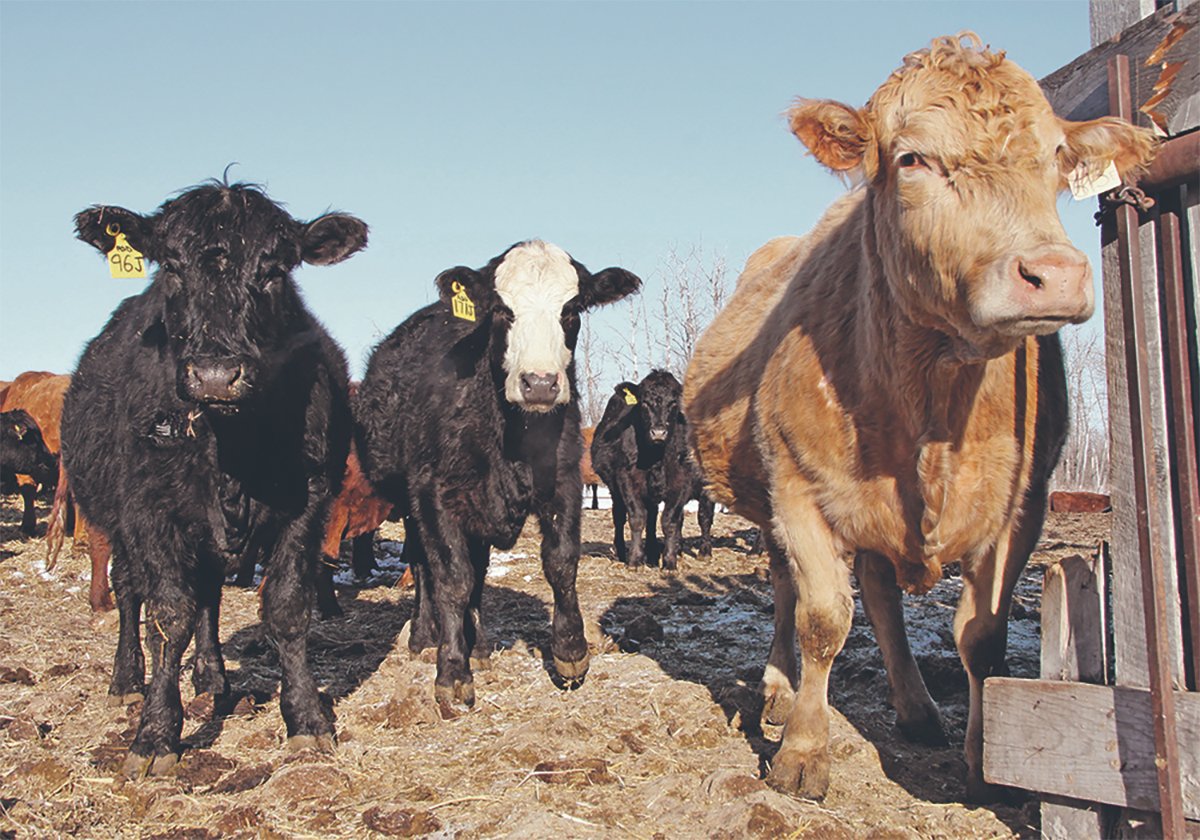Agency expects to focus primarily on import and export controls, including food pathogens, invasive species and disease
The Canadian Food Inspection Agency is spending $162.6 million over the next five years to improve services.
According to the federal government, the money will be used to “maintain the integrity of Canada’s food safety system, protect the health of plants and animals to safeguard the food supply, and provide ongoing support to Canadian businesses in their export and import activities to overcome pandemic interruptions and global trade volatility.”
Import and export controls are largely the focus of the new funding. CFIA plans to increase its surveillance and oversight programs to respond when new food pathogens, invasive species or other diseases are identified.
Read Also

Livestock inspection costs increase in Saskatchewan
The Sept. 1 50-cent increase to livestock inspection fees may seem like another hit when everything is going up, but the chief executive officer of Livestock Services of Saskatchewan said producers should consider the value they receive in return.
Federal agriculture minister Marie-Claude Bibeau said the money is “extremely important.”
“We are signing free trade agreements and it is important the agency has the capacity to serve our businesses well in proceeding well with export permits,” she said. “It’s also important on the (import) side.”
Two years ago, a Safe Food for Canadians Act came into force, requiring more work for the CFIA to follow food imports.
Those new regulations, focused on prevention and faster removal of unsafe food from the marketplace, are largely praised two years after being introduced. Replacing 14 existing commodity-based food regulations, the new regulations represented the largest regulatory reform in Canada’s history, according to the CFIA.
“The CFIA is committed to developing a modern, agile, inclusive and digitally equipped workforce to meet the current and future challenges and opportunities of the federal public service,” CFIA president Siddika Mithani said in a statement.
Many of the forms used for import and export activities throughout the CFIA will also be digitized with the funding.
The additional money increases CFIA’s annual budget by about five percent. Canadian agri-food imports reached $53.9 billion in 2019.
In the past seven years, the number of export certificates for food, plant and animal products issued by the CFIA has increased by an average of six percent per year, increasing from almost 384,000 certificates in 2014 to about 545,000 certificates in 2020.
Bibeau said the ability of the CFIA is “critical to our reputation as one of the most important suppliers of food for the world, so this agency has to have the capacity to deliver.”
Last April, CFIA said in its annual 2020-21 plan that it would continue to work on broad regulatory reviews and changes. In the early stages of the COVID-19 pandemic, the federal body spent $20 million to hire, train and equip additional staff members to try and limit disruptions from the virus.

















